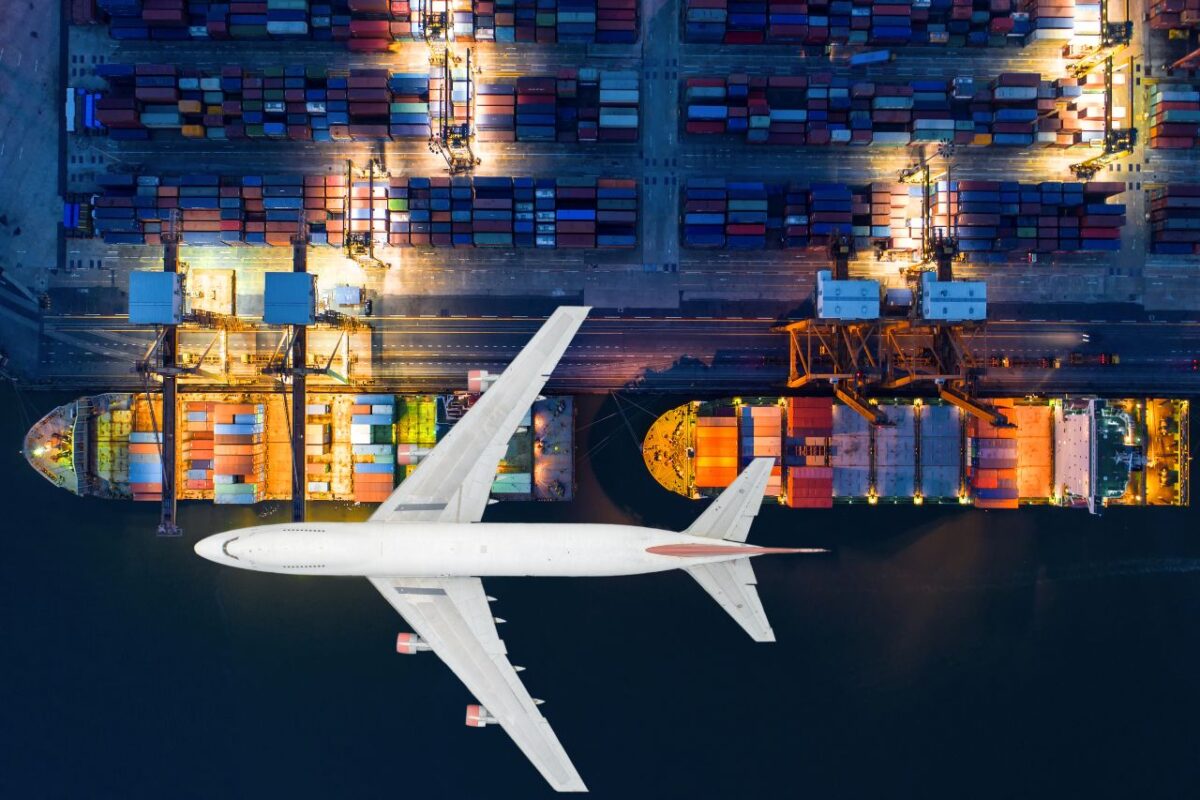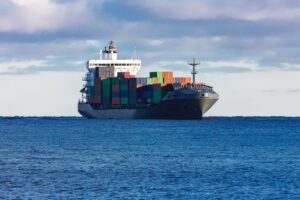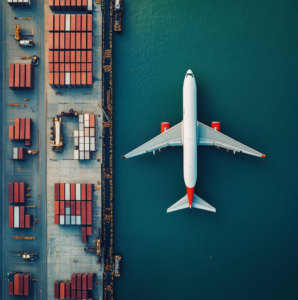Let’s look at logistics today, which is a powerful force driving the economic growth. Logistic is more than just the conveyance of commodities; it is an arrangement that creates a cascading effect that resonances throughout industries, setting off a chain reaction of abundance. Join us as we unravel the enchantment of logistics mastery and examine its critical role in steering nations to economic success.
STREAMLINED SUPPLY CHAINS: THE BACKBONE OF PROSPERITY
A streamlined supply chain is comparable to the smooth, flowing sense as a river. Logistics is able to guarantees the smooth flow of commodities from manufacturers to consumers via thorough planning and implementation. Businesses benefit from lower operating costs, faster turnaround times, and more productivity when their supply networks are efficient enough. Due to the domino effect that this efficiency creates, businesses are able to grow, innovate, and make more substantial contributions to the economy.
JOB CREATION AND SKILL ENHANCEMENT
One of the main industries that creates a lot of jobs is logistics industry. The logistics industry provides a wide range of job opportunities, from supply chain analysts to technology specialists, from truck drivers to warehouse workers. An experienced personnel with a knack for utilising technology and streamlining procedures is essential as the sector develops. This increases employability on an individual basis while simultaneously advancing the workforce’s general skill set and producing a talent pool that fosters innovation across wide range of industries.
MARKET ACCESS AND GLOBAL TRADE EXPANSION
Global markets can be accessed through logistics. Businesses may reach customers all over the world by having greater market access thanks to an effective logistics network. Due to the increased trade between countries, businesses are able to expand into new markets and increase the diversity of their clientele. Global connectivity to suppliers and customers helps businesses remain resilient economically because it allows them to adjust to shifting geopolitical conditions and shifting market conditions.
E-COMMERCE IN CURRENT RETAIL LANDSCAPE
The retail industry is changing dramatically with the emergence of e-commerce globally. The development of internet and e-commerce has been greatly aided by a mastery of logistics. The complicated procedures involved guarantee that goods reach customers quickly and safely, from just a click of a button to doorstep delivery. The entire logistics ecosystem, from cutting-edge warehouse management systems to last-mile delivery services, is expanding as a result of this change in customer behaviour in the past 10 years, which also increases retail sales.

INFRASTRUCTURE DEVELOPMENT: PAVING THE WAY FOR PROGRESS
Ever noticed the intricate network of roads, ports, and warehouses? That’s the result of strategic logistics planning. A key component of logistical proficiency is infrastructure development, which extends beyond constructing actual infrastructures. An efficient logistics infrastructure lower down the transportation costs, shortens the transit times, and improves regional connections. Trade rises as a result, it will be attracting investments and quickening the pace of economic development.
GREEN LOGISTICS FOR SUSTAINABLE GROWTH & LONG-TERM DEVELOPMENT
Sustainability is also being embraced by logistic industry. Green logistics initiatives, like more environmentally friendly modes of transport and more efficient routes, support the worldwide trend towards sustainable practices while also contributing to protecting the environment. Prioritising green logistics helps businesses meet their CSR obligations while also capitalising on the growing customer demand for environmentally friendly goods and services, which promotes sustained economic success.
GOVERNMENT REVENUE BOOST: A WIN-WIN SCENARIO
A well-functioning logistics sector is a revenue booster for governments. As businesses thrive and trade flourishes, governments benefit from increased tax revenues. Additionally, investments in logistics infrastructure create a multiplier effect, stimulating economic activities and generating further revenue. It’s a win-win scenario where a flourishing logistics industry becomes a reliable source of income for government coffers.
INNOVATION HUB: USING TECHNOLOGY TO INCREASE PRODUCTIVITY
Technological advancements are changing the logistical landscape. Technology is transforming the efficiency of logistics, from AI-driven predictive analytics to IoT-enabled tracking systems. The entire supply chain is optimised with intelligent routing algorithms, automation in warehouses, and real-time shipment monitoring. This technological revolution not only improves the accuracy of logistics but also establishes countries as centres of innovation, drawing funding for R&D.
RESILIENCE IN CRISIS: WEATHERING ECONOMIC STORMS
A robust logistics network is essential for maintaining economic stability during difficult times. A logistics industry that is ready for anything from pandemics to natural disasters to geopolitical tensions guarantees the uninterrupted supply of necessities. The capacity to adjust to unforeseen difficulties without experiencing significant interruptions is evidence of the role that logistics plays in preserving economic resilience.
In conclusion, logistics mastery is more than just transportation; it is a dynamic force behind economic expansion. Logistics emerges as an often-overlooked hero working diligently behind the scenes, creating jobs, supporting innovation, facilitating global market connectivity, and boosting environmental sustainability. Understanding the vital role that logistics plays is essential to guiding nations towards success as we negotiate the complicated network of supply chains. Working with a skilled logistics provider guarantees that each note of this complex symphony can be performed with accuracy and effectiveness, which makes it the best option for attaining overall success.




